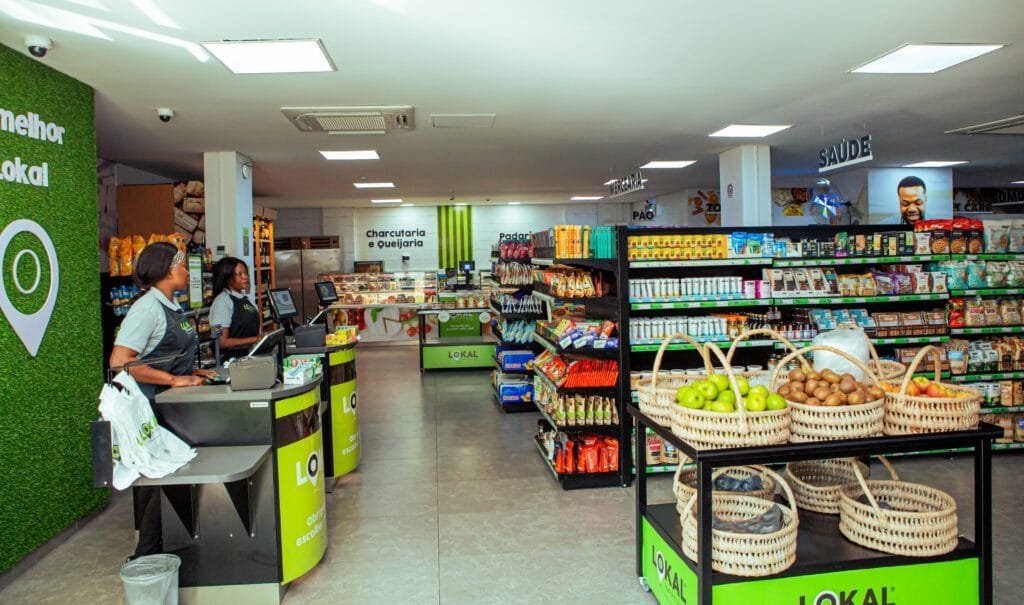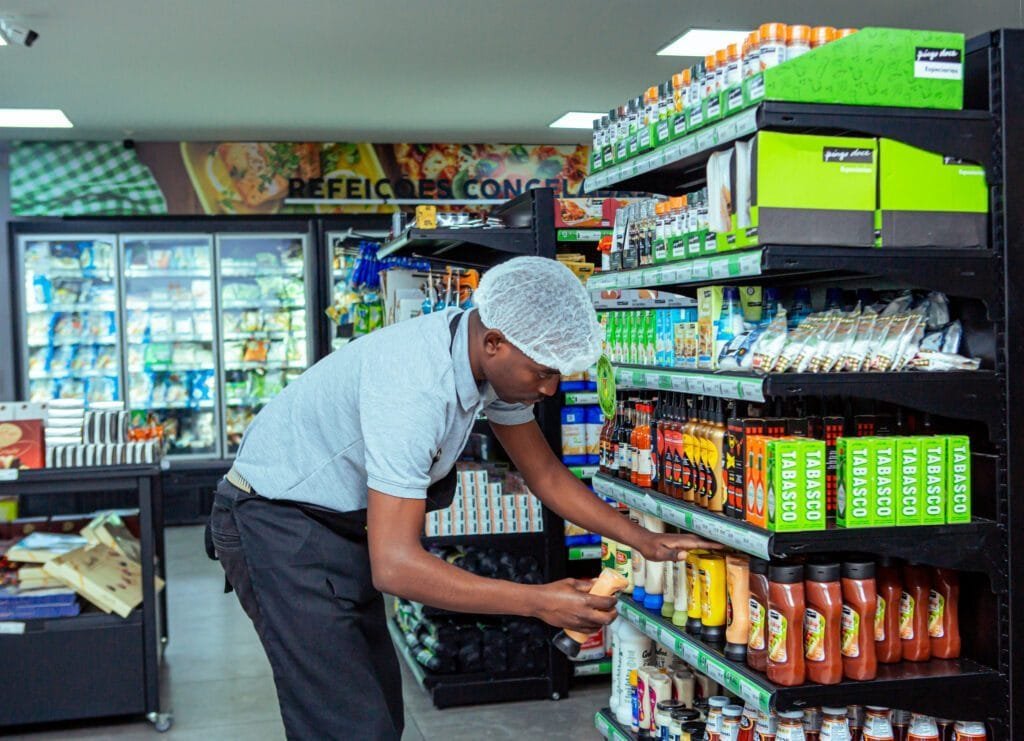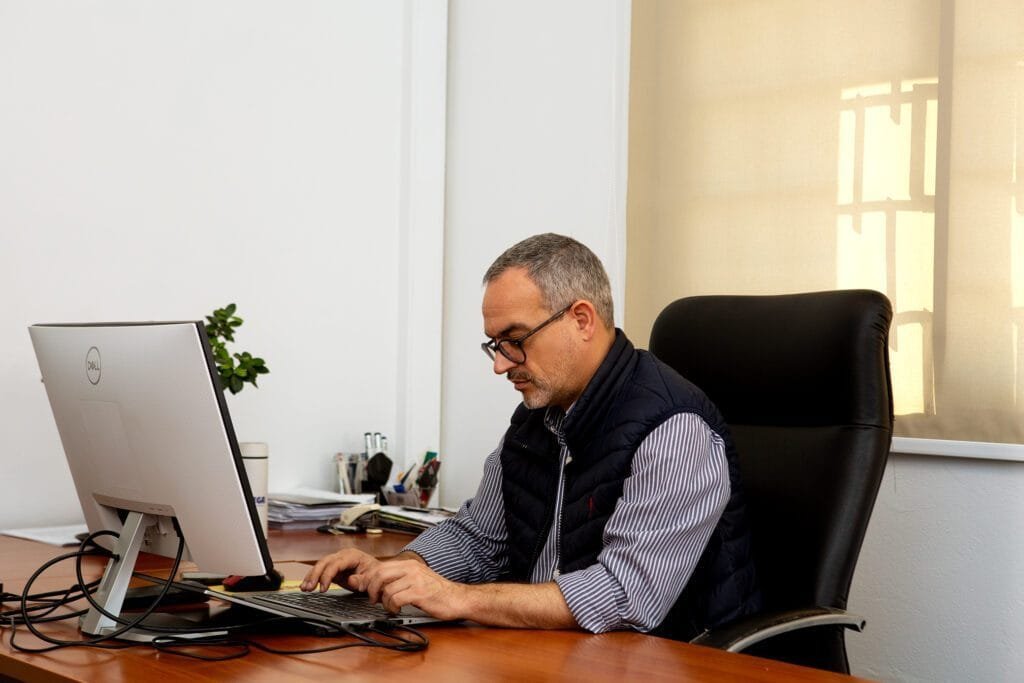PROFILE Mozambique: MEGA Distribuição S.A. started its operations in the Mozambican market as a cash and carry company and, years later, launched a new convenience supermarket brand. Could you share with us how this strategic evolution came about and what the group’s current ambitions are?
João Seara: MEGA began its operations here in Mozambique around 2012, initially establishing itself as a cash and carry company focused on large-scale food distribution.
In this context, in 2019, we identified the potential to create a convenience supermarket brand, bringing us even closer to consumers. Currently, we have around 14 stores in the Maputo and Matola areas, and our ambition is to expand to other provincial capitals, reinforcing our commitment to modernising retail in Mozambique.
PM: What was the inspiration behind the creation of the LOKAL brand and how did the idea for the name and its distinctive spelling come about?
JS: The LOKAL brand was born from the idea of proximity – it is the place you go, where you are, and where you return. We felt it expressed well the concept of a convenience store. For trademark purposes, we had to choose a creative spelling, incorporating the letter ‘K’, which is also a cultural reference common in African countries like Mozambique and Angola. This detail makes the name more memorable for consumers.

PM: What is the strategic positioning of the LOKAL supermarket within Mozambique’s food retail sector?
JS: We want to offer customers a different shopping experience through neighbourhood supermarkets that provide a carefully selected range, from alcoholic beverages to fruits and vegetables, including dairy products and fresh items such as bakery and charcuterie.
We focus on offering a complete selection that covers all market segments, ensuring hygiene, safety, cleanliness, and a service that sets us apart. We are currently focused on expanding in the Maputo and Matola areas, aiming to reach 25 stores. Today we have 14, soon to be 15, and when we reach 25, we plan to move into the main provincial capitals.
PM: What are LOKAL’s criteria for supporting Mozambican brands on the shelves?
JS: We support the national industry and work to gradually replace imported products with locally produced goods. We do not follow a strict selection criterion beyond the relevance these products have for Mozambican consumers.
We believe that the sustainability of our business depends on this transition, which is why we clearly mark locally sourced products on the shelves, reinforcing our commitment to the development of the local economy.
PM: Your business model references sustainability. What practices are currently in place to ensure more sustainable operations?
JS: We have a solid internal social policy, which includes food subsidies, in-house canteens, transport support, and competitive remuneration. This working environment helps us maintain a very low turnover rate and a positive social climate.

Additionally, we invest in partnerships with local producers, creating opportunities for Mozambican products to gain greater market presence and for the local industry to consolidate.
PM: Beyond the commercial function, what social impact does LOKAL aim to have in the neighbourhoods where it opens stores?
JS: We aim to be the daily convenience store, creating a close relationship between our staff and our customers. Many visit our stores several times a week, which allows us to build trust-based, almost personal relationships where the customer is recognised by name. It is this sense of proximity that is part of our model and makes the shopping experience unique.
PM: How many jobs have been created with the ongoing expansion plan?
JS: We have an expansion plan based on two pillars: on the one hand, the LOKAL supermarket network, targeting the middle and upper-middle segments; on the other hand, we are launching a new brand, MOCA, aimed at the middle and lower-middle segments. We believe that by combining these two brands, we can reach about 100 stores within three to four years, strengthening our national presence in the convenience retail sector.

We currently have around 385 employees. Each new store we open creates, on average, another 15 to 20 jobs, directly contributing to local employment and strengthening our team.
PM: How does the brand intend to maintain proximity and quality within a constantly growing network?
JS: We invest heavily in training and standardising processes across all stores. We make sure to train teams from the moment they join, encouraging them to work in different departments to gain a comprehensive understanding of food retail. This is how we build a better-prepared team aligned with the company’s value.




